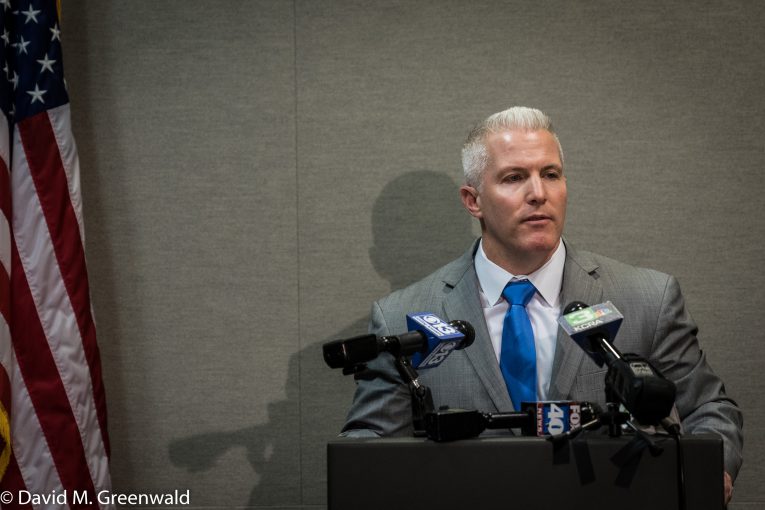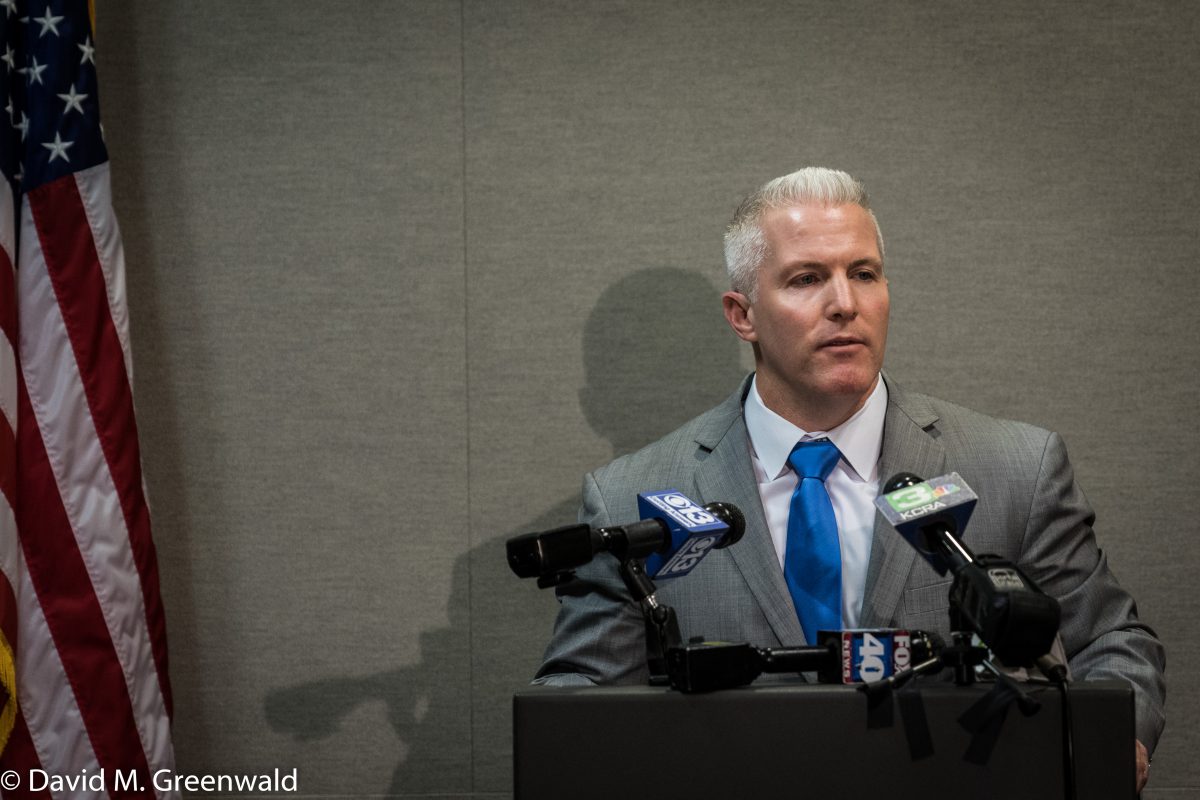

By Robert J. Hansen
In the recent decision by the Third District Appellate Court to reverse the second-degree murder conviction of Justin Gonzalez, Judge William Murray gave a concurring opinion with the Court’s decision.
“ … I disagree with the majority that the prosecution’s rebuttal argument is dispositive here on the question of harmless error under … ,” Murray wrote.
The modern harmless error doctrine, stemming from Chapman v California (1967) essentially means constitutional errors can be “harmless,” and constitutional errors require reversal unless the government proves the error was “harmless beyond a reasonable doubt.”
Defense Attorney for Justin Gonzalez, Keith Staten, said there is a recording of a conversation between Yolo prosecutors and Ruby Aradoz, a defendant turned witness near the end of the trial.
“There was a Brady violation, of course, there’s an issue when they didn’t get me the tape,” Staten said.
Staten explained that because of the conviction being reversed, no ruling was made by the court on the possibility of a Brady violation.
“If they said it was, then Jeff Reisig would be subject to getting disbarred,” Staten said.
The DA agreed to dismiss the charge if Aradoz provided truthful testimony and cooperated with the prosecution.
“They turned her the night before prosecution evidence was over,” Staten said. “I’ve been crying about this case for a while.”
According to The Appeal, the doctrine of “harmless error” allows police and prosecutors to act with impunity, and it steals life and liberty from people.
Another concern is that of Raquel Perez’s testimony which may have been tainted by her desire to obtain victim compensation and a U visa to remain in the United States.
Perez’s testimony conflicted with another witness, Cristian Hernandez who saw a man chasing Antonio.
During the chase, he trusted Antonio in a way he described as a football tackle causing them both to fall to the ground. They both then got up, and Antonio put his hands out, palms in front of him according to court documents.
Hernandez then saw the other man pull something from his waist and appear to stab Antonio. He also never testified that someone was holding Antonio when he was stabbed and that only one person had chased Antonio and there was no third person around according to Murray.
In his opinion, Murray wrote that the Attorney General relied on the testimony of Raquel Perez when describing Gonzalez’s conduct during the stabbing.
Perez testified that Velasquez and Gonzalez chased down Antonio and upon catching him, Gonzalez grabbed him in a bear hug and Velasquez stabbed him according to court records.
“If the stabbing took place as Racquel Perez described,” Murray wrote. “The evidence of Gonzalez’s culpability as a direct aider and abettor could be considered overwhelming. But Raquel P’s testimony was not flawless. As the majority notes,
Perez could not identify Gonzalez either at the scene or in a photograph lineup. Yet she later identified Gonzalez at trial.
She had been told she was ineligible for the U visa because she was not listed as a victim in the police reports.
Then Perez visited the police department with an immigration attorney to discuss the U visa with one of the investigators in the case, records show.
When that investigator asked her why she thought she was a victim, she said Velasquez “tried to point” a knife at her as he left the scene, a fact she never mentioned during her original police interviews Murray wrote.
She also claimed that a person had been lurking around her thereafter the murder, another claim she never raised before the U visa came up.
The same investigator watched the trailer park surveillance video recordings for the night of the murder “no less than 15 times,” and never saw Raquel Perez in any of the recordings.
Nor did others on the scene see Perez near the vicinity of the stabbing, as she described in her testimony.
Staten said the Brady violation wasn’t addressed by the Court because the conviction was overturned making it moot.
“The court said they didn’t have to get to, whether or not, it was a violation to not give me what I wanted,” Staten said.
“I cannot conclude the retroactive alternative-theory error here was harmless beyond a reasonable doubt,” Murray said.
Ultimately, the testimony of Perez and Aradoz was crucial in the conviction that Gonzalez received at trial but some of the government’s (Yolo County) evidence was illegally admitted and the jury’s verdict, which The Third Appellate overturned, was tainted by that illegality.

